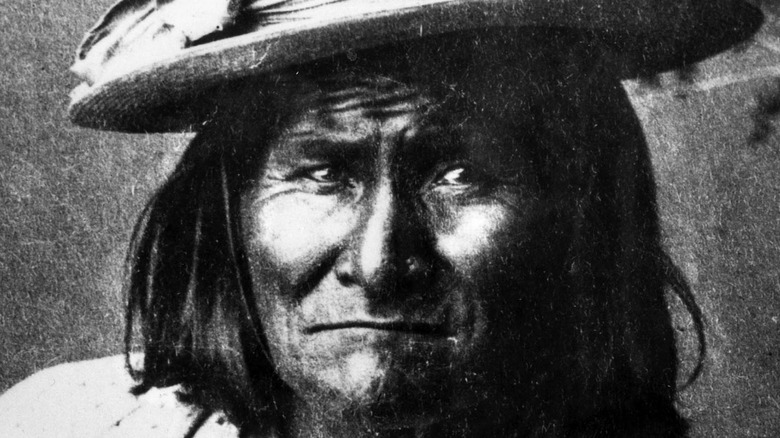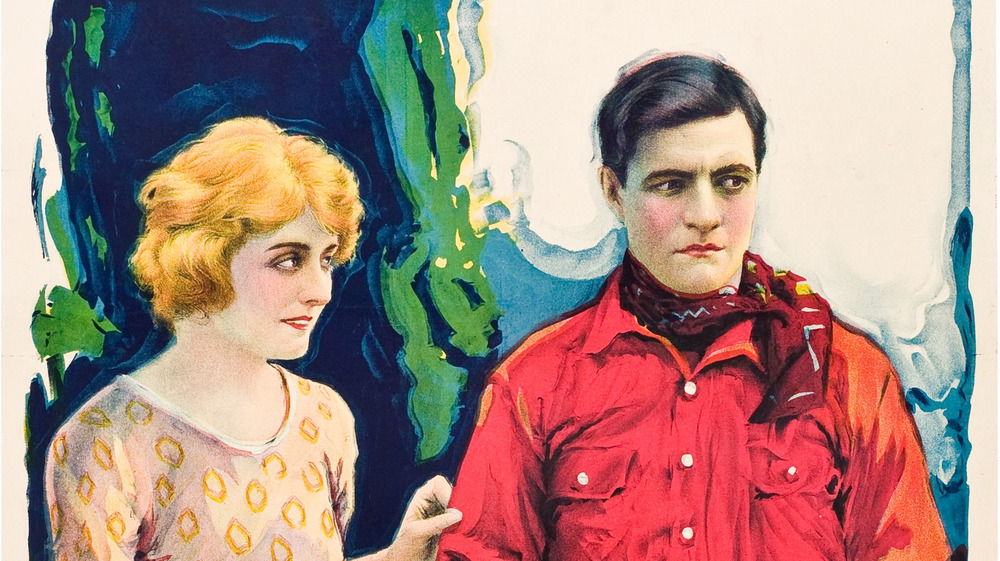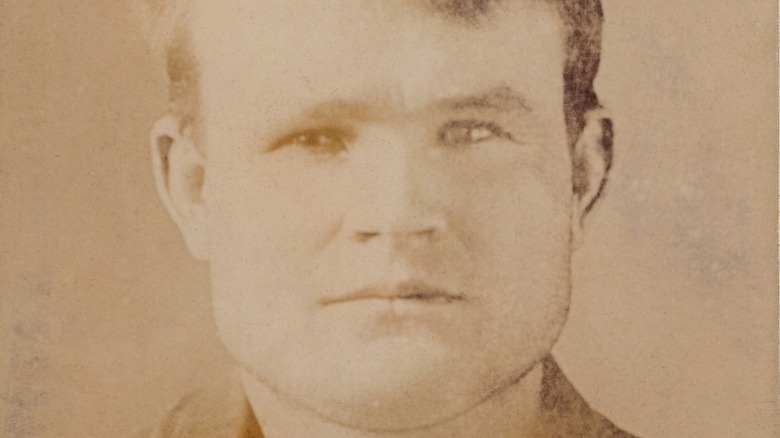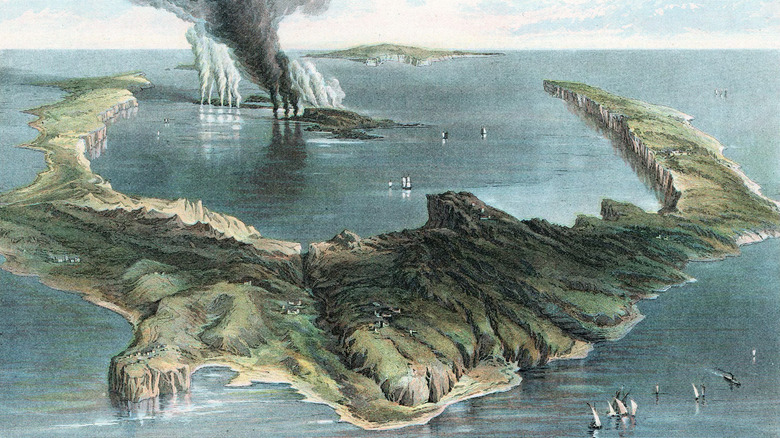
Was The Tai Ping Rebellion The Most Brutal War In History?
China has seen a fair share of war, conflicts, and revolutions in its long and illustrious history, but few were as deadly and devastating as the 19th century Taiping Rebellion. According to History, the Tai Ping (or Taiping) Rebellion was a revolution against the Qing Dynasty from 1850 to 1864. With self-proclaimed prophet Hong Xiuquan as their leader, the rebels called themselves the God Worshipping Society and blended religious fervor with economic dissatisfaction. But though the rebels held the capital Nanjing for over a decade, the Qing ultimately came out on top.
The whole affair led to the deaths of at least 20 million people, making it one of the bloodiest wars in history. And it all stemmed from a fever dream — Hong Xiuquan had intense hallucinations while sick in 1837 and saw himself fighting demons and traveling to heaven. When he read Christian texts six years later, he was convinced his hallucinations were actually signs that he was the son of God. He began to spread his ideas and accrued a following, particularly from the oppressed Hakka people who sought protection. With his following growing, Hong revealed the demons they had to fight: the Qing Dynasty.
Hong believed the Qing to be demons
Hong Xiuquan was able to gain such a fervent following by the mixture of beliefs posed by his new society. Traditional Confucianism blended with ancient utopian ideals that had yet to be practiced, along with a healthy dose of Western Christianity, created a religious cocktail that appealed to many (via Columbia). Indeed, the God Worshipping Society became as much of a cult as it was a rebel army. Hong declared himself Taiping King and ordered the separation of men and women. He also claimed that the Qing were demons and said Jesus had personally instructed him to fight for heaven (via History). His followers began buying arms and gunpowder.
The two powers first clashed in 1851, and Hong’s followers were initially victorious. He declared the era as the “Taiping Heavenly Kingdom,” and his faction claimed the cities of Yongan, Tianjin, and finally Nanjing, amassing two million followers along the way. Though his forces were able to hold the capital for over a decade, Hong could not secure European support, who instead backed the Qing. Hong was found dead in 1864, likely poisoned by suicide or assassination, and his army crumbled soon after. The conflict took at least 20 million lives, with estimates ranging up to 70 million killed in the fighting, making it one of the deadliest conflicts in human history.

The Tragic Death Of Geronimo's Wife And Children

How The Challenger Space Shuttle Explosion Could've Been Avoided

The Unbelievable Story Of The Man Who Survived His Own Hanging

The Humble Beginning Of Yuri Gagarin, The First Man In Space

Here's Why Denmark Celebrates America's Independence Day Every Year

The Truth About Vladimir Putin's KGB Career

This Is When Bobby Joe Long's Life Of Crime Began

The Tragic Death Of Anne Frank

Here's What Happens When You Get Jerusalem Syndrome

How One Man Used The Spanish Flu Pandemic To Change The Movie Industry























